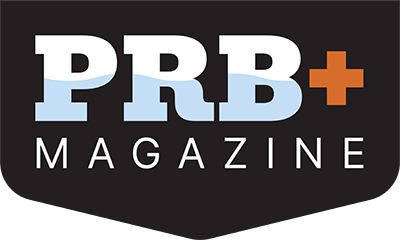Taking the lead with insurance for camps and campers
Operating a camp means creating memorable, often life-shaping experiences for kids. Underlying these opportunities for fun, adventure, and education, however, is a serious responsibility to protect families and owners alike.
Camps face a wide range of risks, from rare—but devastating—property loss to more common issues such as camper cancellations due to injury, illness, or a change in family plans. While property and liability insurance is generally standard, many camp leaders don’t realize that traditional commercial insurance typically does not cover these participant-level disruptions, and that impacts everyone.
Surprisingly, the summer camp industry utilizes less than 10% of the available insurance capacity in the market today. While the broader travel industry—including airlines, cruise lines, and tours—routinely offers insurance to its customers, many camps do not. According to the U.S. Travel Insurance Association, travel insurance is a $5-billion industry in the U.S. The commercial insurance market for summer camps is just a fraction of that. For camps, this means missed opportunities to not only manage financial risk but also improve family satisfaction.


